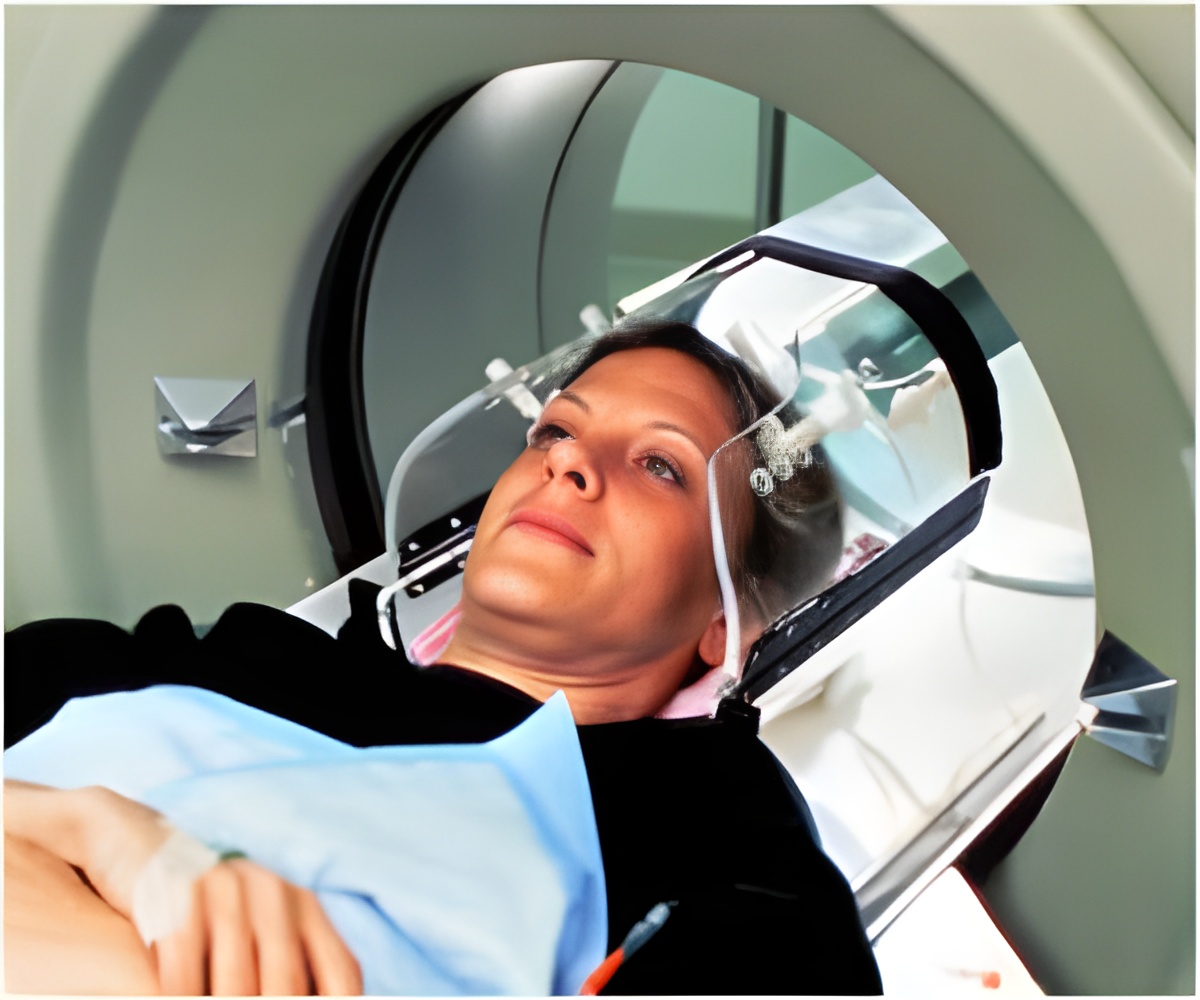After a decade of research, scientists have finally confirmed that a method of positron emission tomography (PET) safely and accurately detects dementia, including the Alzheimer's disease.

Having physiological evidence of neurodegenerative disease by imaging patients with PET could give clinicians the information they need to make more accurate diagnoses earlier than ever before.
"The new data support the role of 18F-FDG PET as an effective addition to other diagnostic methods used to assess patients with symptoms of dementia," said Nicolaas Bohnen, MD, PhD, lead author of the study and professor of radiology and neurology at the University of Michigan, Ann Arbor, Mich.
"The review also identified new literature showing the benefit of this imaging technique for not only helping to diagnose dementia but also for improving physician confidence when diagnosing a patient with dementia. This process can be difficult for physicians, especially when evaluating younger patients or those who have subtle signs of disease," he stated.
Physicians can use FDG-PET with high accuracy to not only help diagnose dementia but also differentiate between the individual disorders. The role molecular imaging plays in the diagnosis of dementia has expanded enough that the official criteria physicians use to diagnose patients now includes evidence from molecular imaging studies.
After reviewing 11 studies that occurred since the year 2000 and that met more stringent study review standards, researchers conclude that 18F-FDG is highly effective for detecting the presence and type of dementia.
Advertisement
"The earlier we make a diagnosis, the more we can alleviate uncertainty and suffering for patients and their families," he added.
Advertisement
Source-ANI










